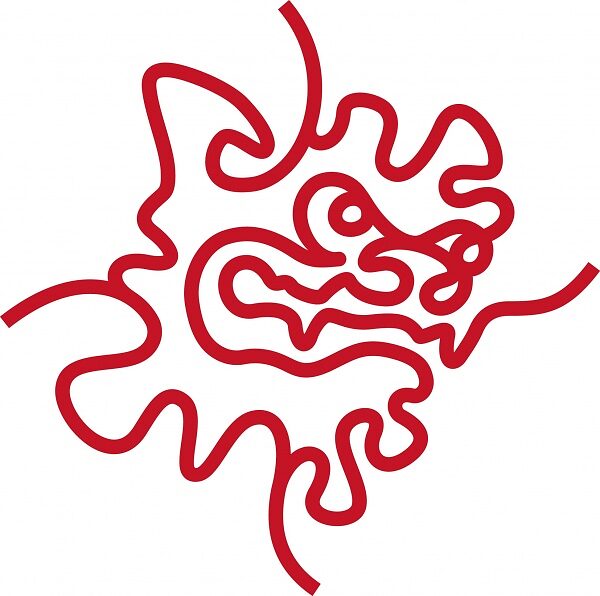OIST Mini Symposium "Ecology and Evolution of Termite Gut Microbes"

Date
Location
Description
During the last decade, a large number of studies have found links between gut microbes and host biology. In human, gut bacteria provide various nutrients, contribute to healthy aging, and affect human health in various ways, including obesity, cancer or autism. The gut microbes of other animals have received comparatively less attention, but in some cases, their impact on hosts appears even greater than in human. While the gut microbial communities of many animals are transient, that of termites are specific and part of an obligatory mutualistic association. Termites cannot live without their gut microbes and, similarly, a large proportion of termite gut microbes are found nowhere else than in termite gut. The theme of the proposed mini-symposium will focus on the termite gut and its microbes, coined by Andreas Brune “the world’s smallest bioreactor”.
This mini-symposium will allow researchers working on termite gut microbes, or related topics, to present their latest results. It will help determining gaps in our understanding that required to be filled.
We expect that the 3-day symposium will foster collaborations among invited Japanese and foreign researchers, and with OIST researchers.
Invited Speakers (in no particular order):
- Aram Mikaelyan, North Carolina State University
- Gillian Gile, Arizona State University
- Andreas Brune, Max Planck Institute for Terrestrial Microbiology
- Nathan Lo, The University of Sydney
- Renate Radek, Free University of Berlin, Institute of Zoology
- Yuichi Hongoh, Tokyo Institute of Technology
- Moriya Ohkuma, RIKEN BioResource Research Center
- Gaku Tokuda, University of the Ryukyus
- Satoko Noda, University of Yamanashi
- Wakako Ohtsubo, Tohoku University
- Filip Husnik, University of British Columbia
Subscribe to the OIST Calendar: Right-click to download, then open in your calendar application.



